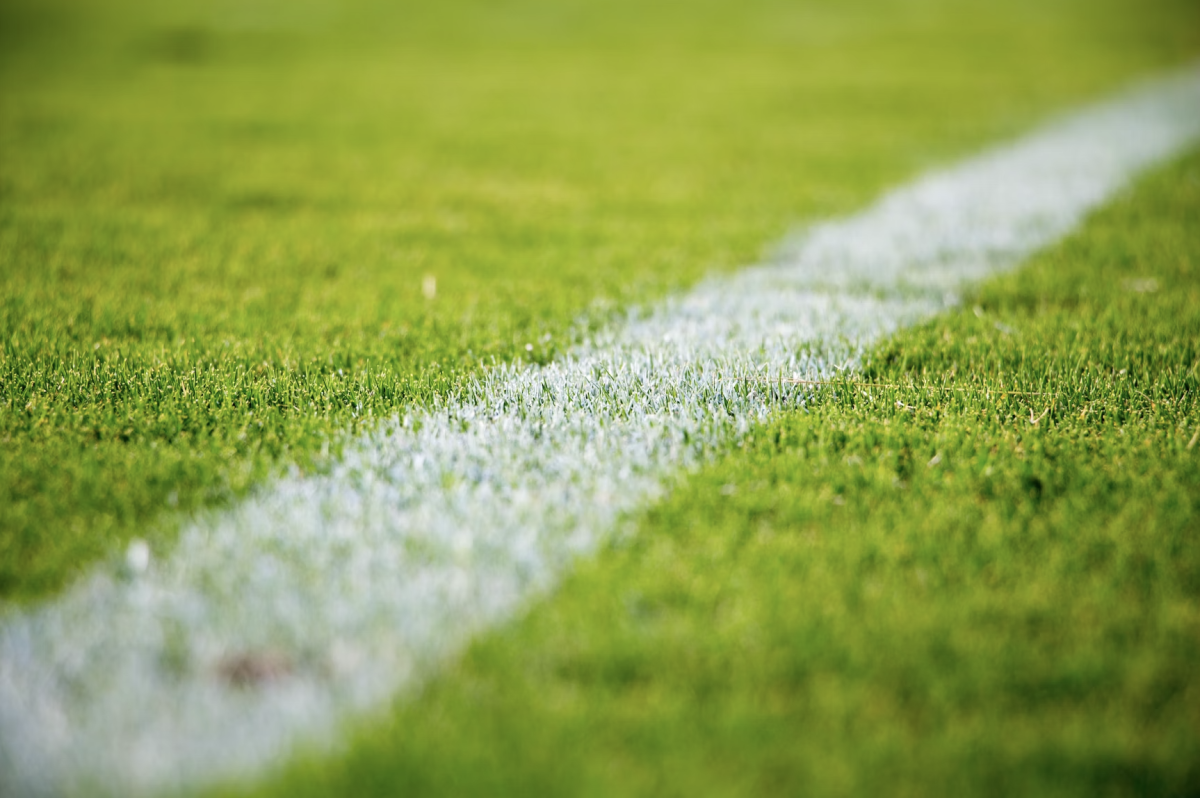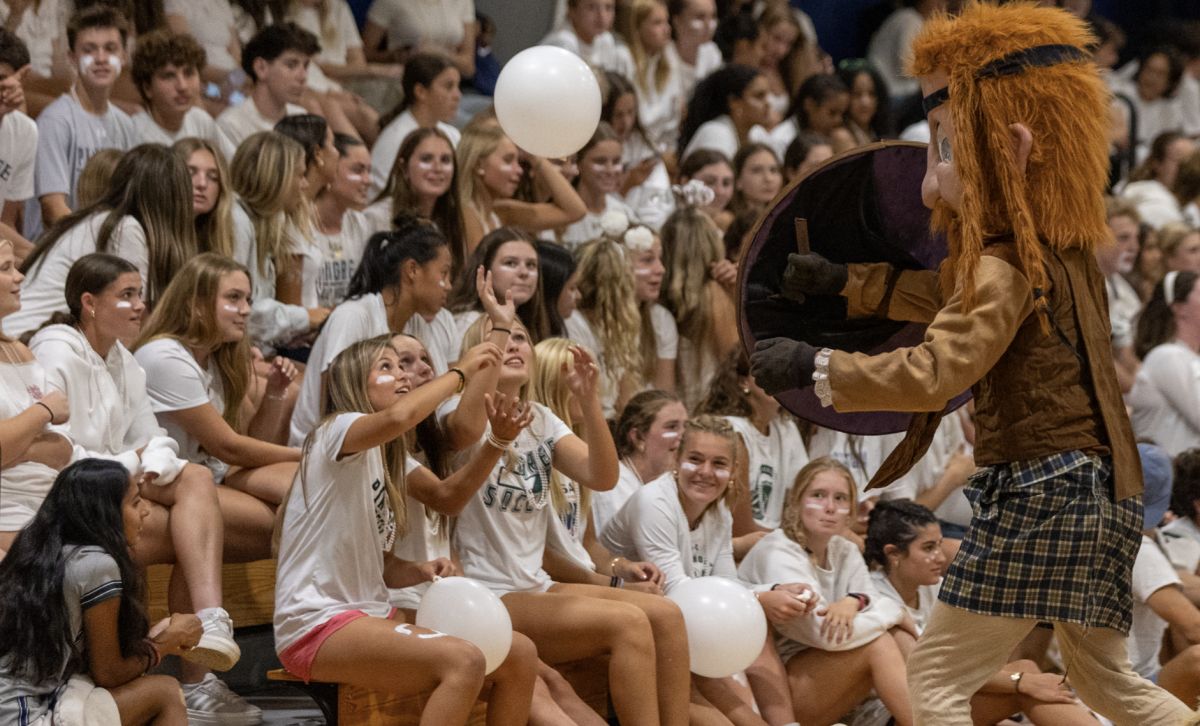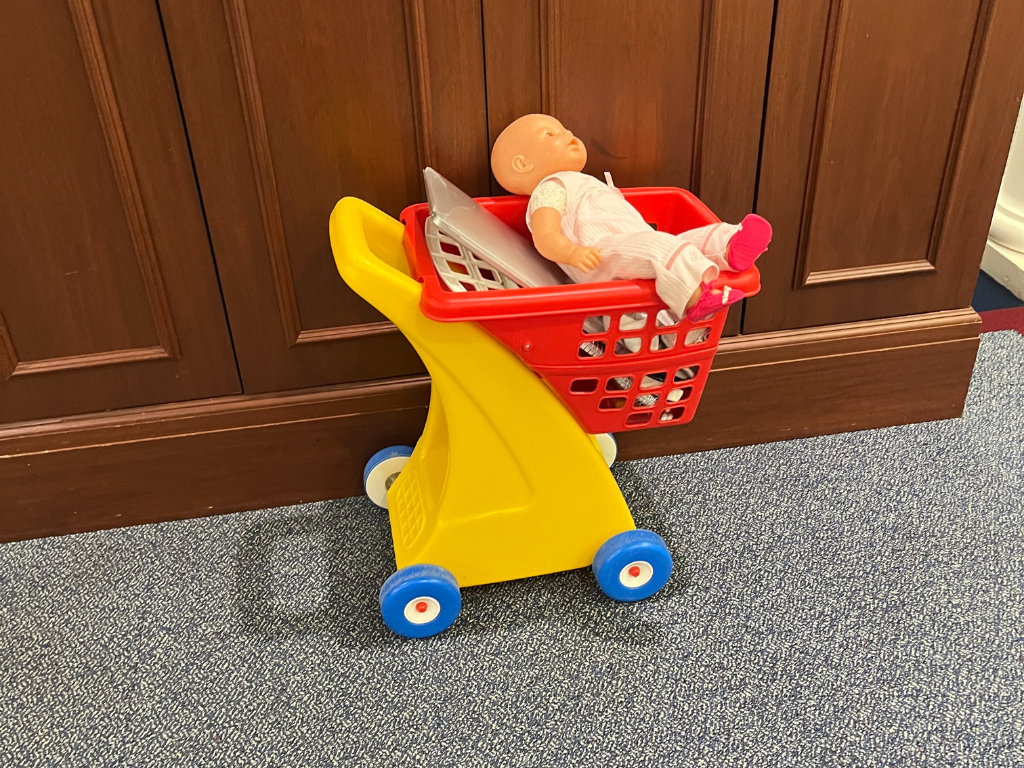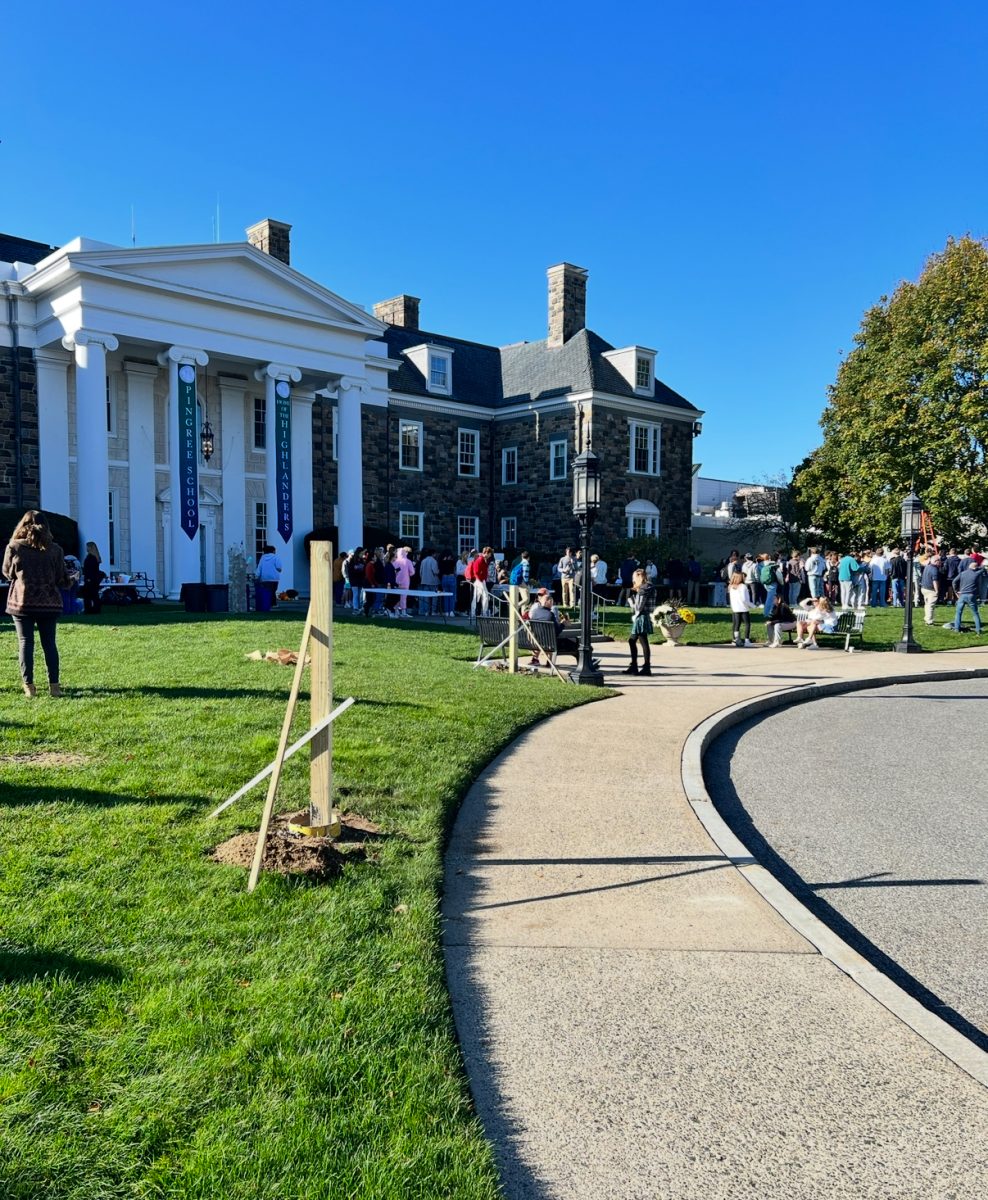As all Pingree students know, midterms begin on March 5th, which means it’s time to start studying! Pingree teachers from different departments offered their advice on ways to prepare.
Ally Babula from Pingree’s English department gave a ringing endorsement for flash cards. Babula explained that going over your notes and rewriting them onto flash cards helps access “all different parts of your mind, creating that memory so it sticks better.”
History teacher Jon Gistis said that students should “go back through [their] big assessments, papers, tests, and quizzes, and try to create a little study packet to start.” Gistis also highlighted the importance of getting a good night’s sleep, advising students not to stay up too late studying and make sure you are getting plenty of rest.
Kathy Karch, one of Pingree’s biology teachers, revealed that the Science Department will be giving out study guides. Karch suggested starting with the study guide by “highlight[ing] topics that jump out as being the ones that you’re least sure about and to focus on those first.” She also emphasized the importance of not spending more than 30 minutes studying, even if that means just taking a 10-minute break between study sessions. “After 30 minutes it’s just diminishing returns on the amount of time you’re investing [versus] the amount of information that is going to stick,” notes Karch.
Spanish teacher Alisson Angelico mentioned that “each student should check in with their teacher as far as what material will be covered.” Angelico explained the importance of checking in with teachers not just to get an idea of what the midterm will cover, but for advice on what they specifically should study. Whether it’s verbs or vocab, talk to your teacher about individual ways to study that will best suit your needs. Angelico also provided general midterm advice, suggesting that students try to teach someone else – perhaps their family members – the topic. “If you can explain it to someone, then you know it.” While every educator provided responses unique to their subjects, there were two common themes across all departments: writing things down and getting enough sleep.
Whether you’re making flashcards or rewriting your notes, everyone should take the time to put pen to paper (no, typing doesn’t count). Research has found that the action of writing down information actually helps with remembering the material and allows for a better understanding than you would normally have by simply reading or typing.
Sleep was also a key point in every teachers’ answer.
A 2019 study by the National Library of Medicine found that “adequate sleep has a crucial role in enhancing cognitive skills especially memory retention.” The report went on to claim that “Poor night time sleep quality and the consequent daytime sleepiness affect physical and cognitive health of students and their academic performance.”
So, before you sit down at the desk on exam day, make sure you’ve rewritten some notes and rested. These things will go a long way.








